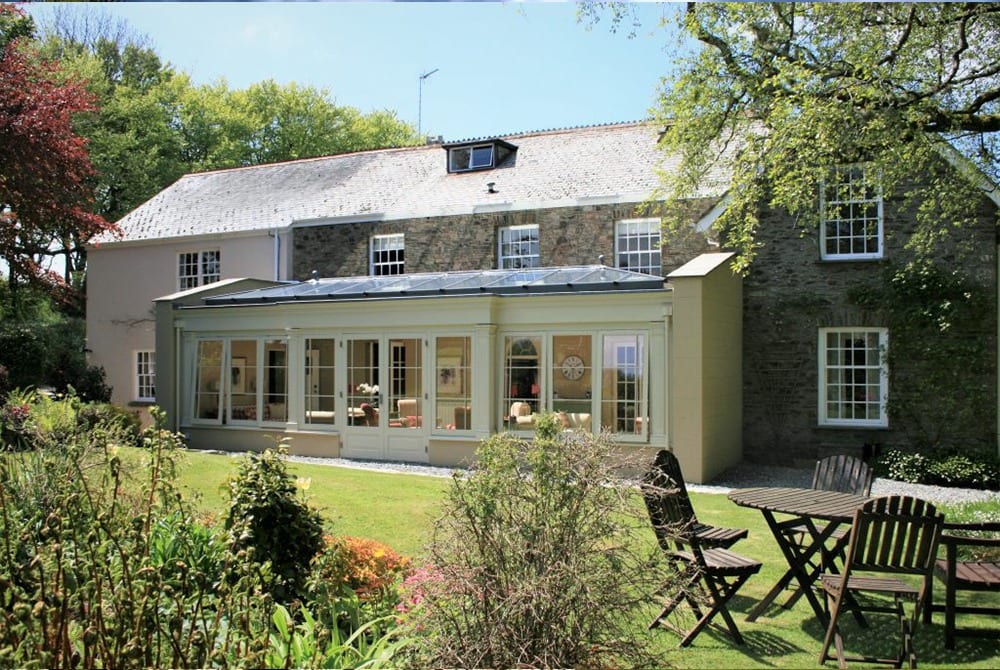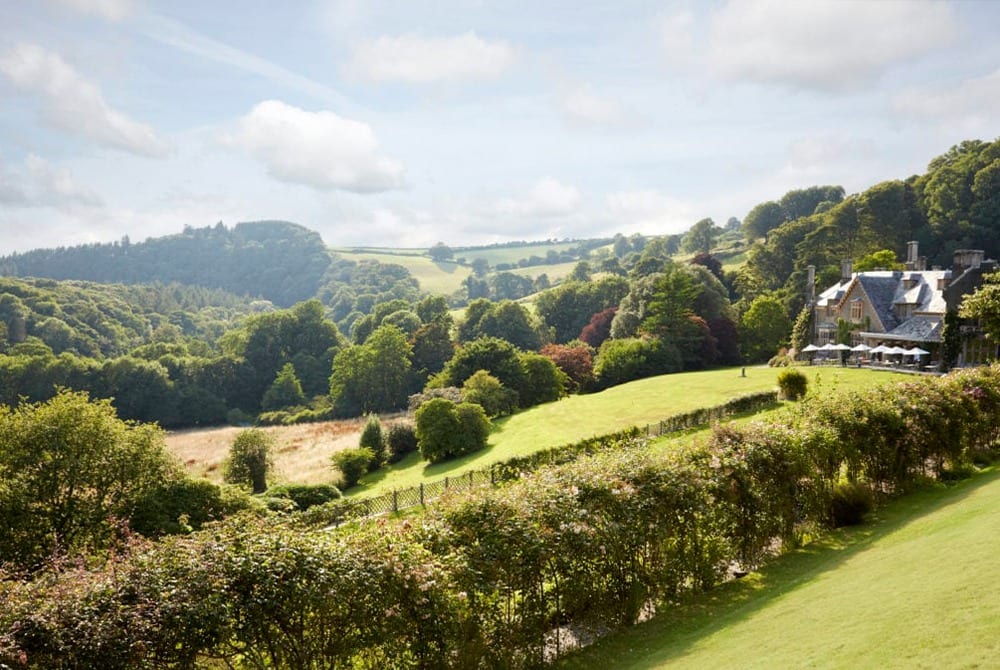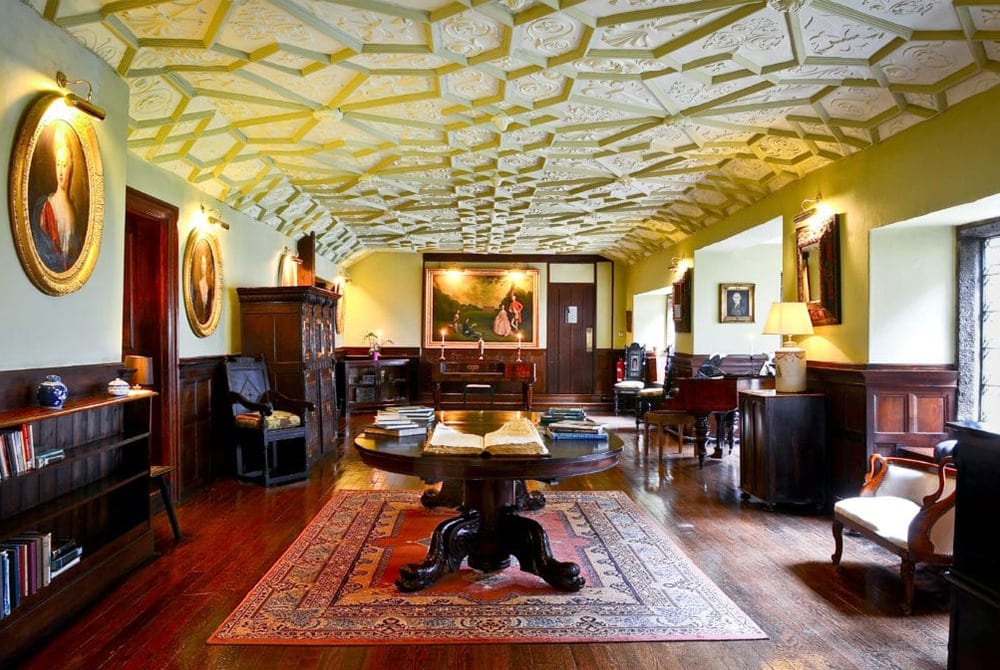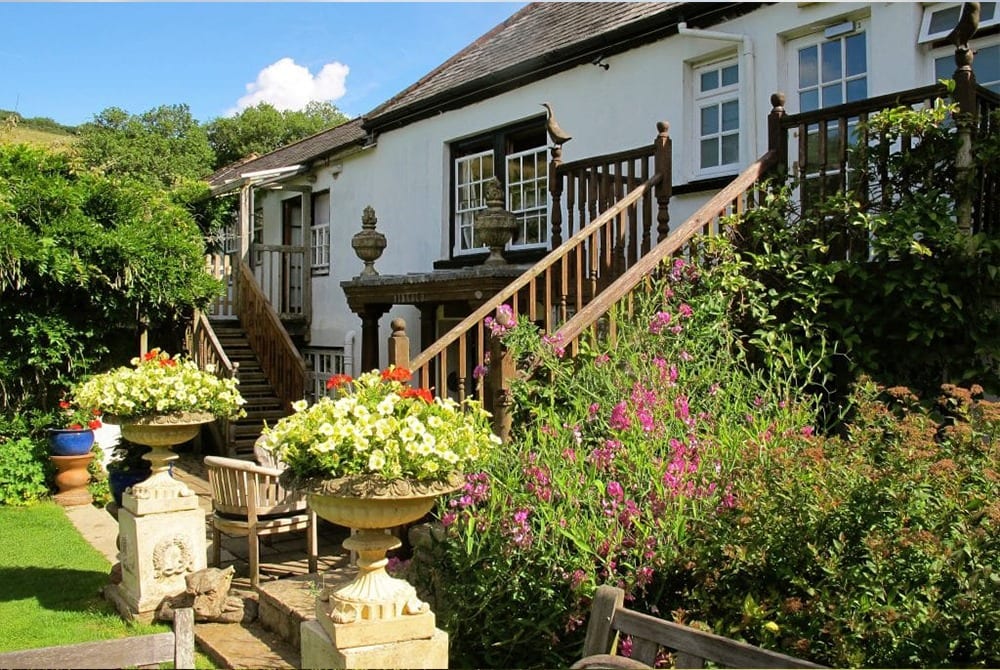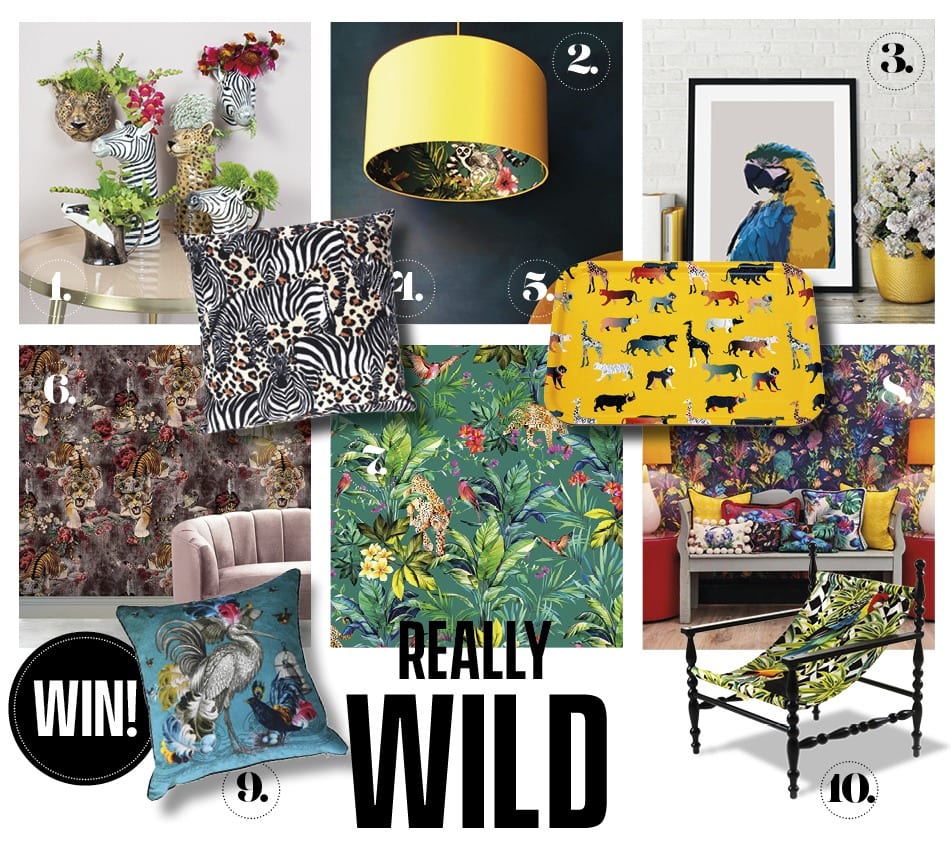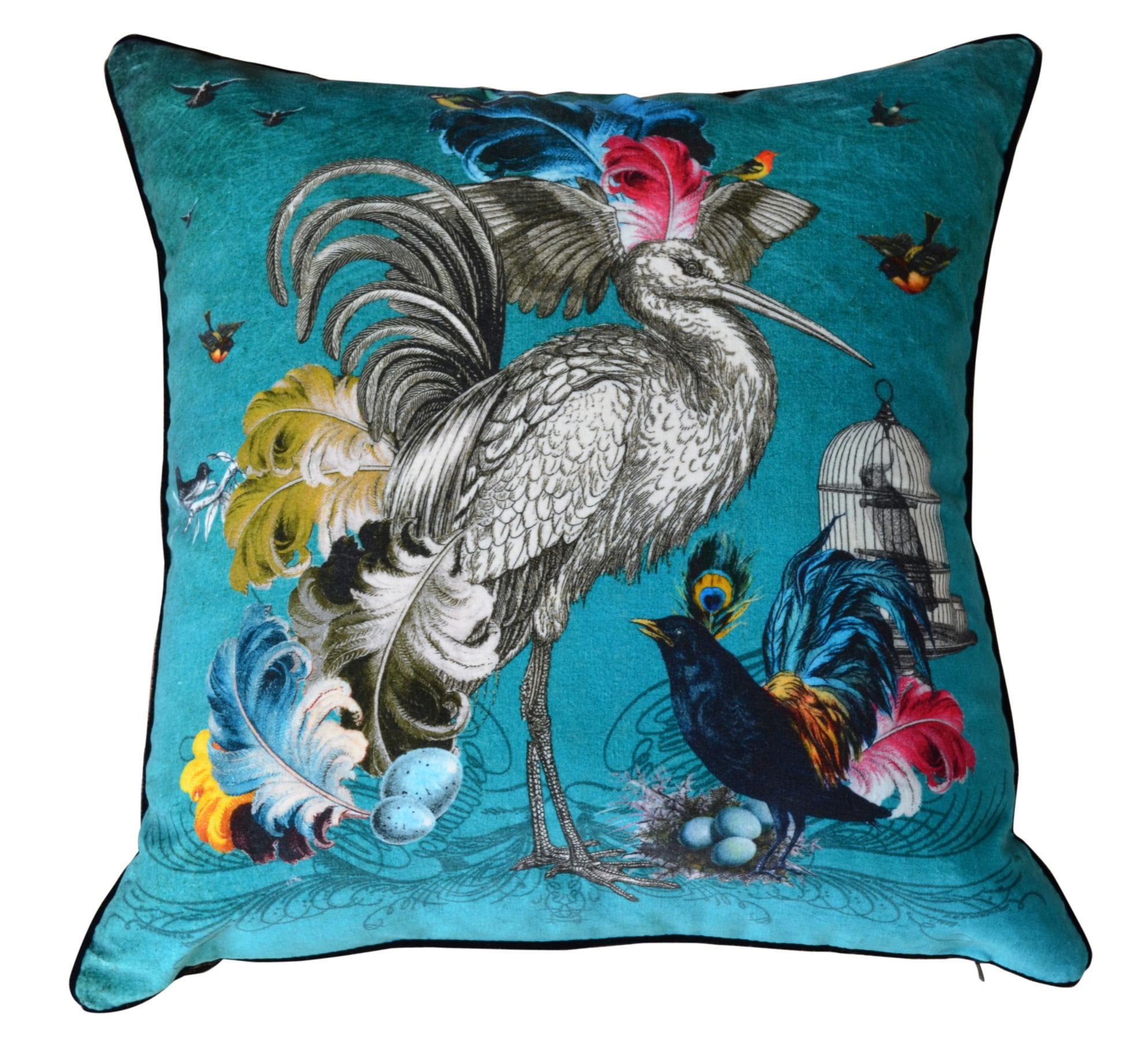Hundreds will be looking forward to enjoying the popular Fun and Music in the Park on 1st June
Abingdon’s popular Fun and Music in the Park returns to the historic Abbey Gardens on Saturday, 1st June with a variety of entertainment for the whole family.
The grounds will be full with rides, stalls, face painting, street food, live music and dance, bouncy inflatables and loads more free activities to keep you enthralled all day.
Fun in the park is a free walk-in event from 10.30am to 3pm and open to all.
It’s also a great opportunity to find out about some of the wide range of local societies and community groups in and around Abingdon and they amazing work they do and how you can get involved.
From 5pm until 10pm, Music in the Park takes over with some fab local bands including Jake in the Duke Box, Nevada, Fallen Angels, The Voodoo Penguins and Hope and Glory, taking to the stage.
Take along a picnic and enjoy dancing on the grass before a proms style concert by Abingdon Town Band accompanied by fireworks to make the evening finish in a very special way.
Music in the Park is entry via wristband only with sales online and over the counter at Roysse Court from 1st May. On this day too, there will be an early morning celebration of May Day in the Abbey Grounds.
Abingdon Town Council, which organises the event is reminding revellers to take all litter home with them after the fun ends.
![]() For more information contact the council on 01235 522642 or visit Abingdon.gov
For more information contact the council on 01235 522642 or visit Abingdon.gov





